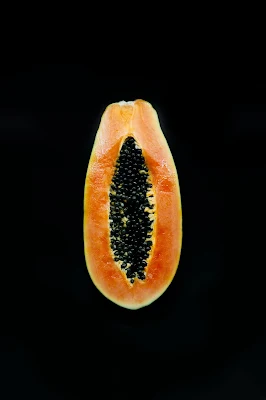Emergency Contraception During Menopause: What Women Should Know
Emergency Contraception During Menopause: What Women Should Know
The menopausal transition is a significant and natural phase in a woman's life. It marks the end of her reproductive years and brings various physical and hormonal changes. Many women believe that once they enter menopause, the risk of unintended pregnancy diminishes. However, the reality is more complex.
This guide explores emergency contraception during menopause and the critical information women need to make informed decisions regarding their reproductive health.
Understanding Menopause
Menopause is a natural biological process that marks the end of a woman's menstrual cycles and fertility. It typically occurs between the ages of 45 and 55, although it varies for each woman. During this phase, the ovaries produce fewer hormones like estrogen and progesterone, which leads to various physical and emotional changes.
The Menopause Myth: Is Emergency Contraception Still Needed?
Many believe that once a woman enters menopause, she no longer risks pregnancy. While fertility decreases during menopause, it's not eliminated entirely. Factors such as irregular menstrual cycles, perimenopause, and even rare ovulation make pregnancy still possible during this stage.
Why Emergency Contraception is Important
Emergency contraception (EC) helps prevent pregnancy after unprotected sex or contraceptive failure. It remains a critical option for women in their 40s and 50s as fertility, while diminished, is still present.
Types of Emergency Contraception
- Hormonal Emergency Contraception Pills: Levonorgestrel (Plan B) and ulipristal acetate (ella) work by delaying ovulation.
- Copper IUD: This can be inserted within a few days of unprotected intercourse and serves as a long-term contraceptive method.
Emergency Contraception and Menopause
During menopause, fluctuating hormone levels can affect the efficacy of emergency contraception pills. It's vital for women to consult healthcare providers before using EC, especially if they have health conditions or take medications for menopausal symptoms.
Making Informed Decisions
- Consult a healthcare provider to choose the most appropriate emergency contraception method.
- Maintain regular gynecological check-ups to monitor reproductive health.
- Consider long-term birth control options if pregnancy is a concern during menopause.
The menopausal transition is complex, but emergency contraception remains an essential tool for managing reproductive health. By staying informed and consulting healthcare providers, women can confidently navigate this stage of life.

.jpg)
